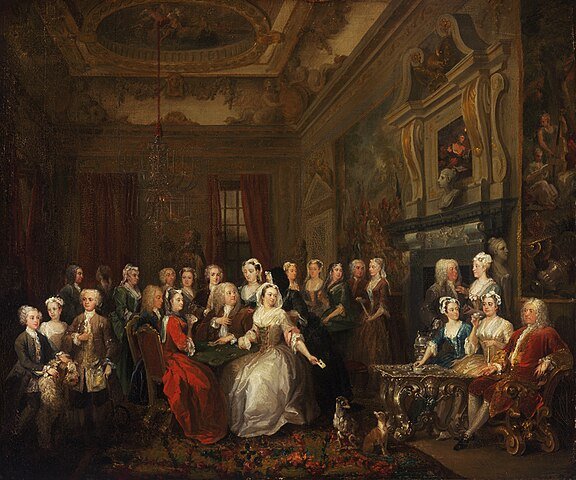Jane Austen and the era of virtue—and vice
At the heart of every Jane Austen novel lies a sharp critique of social values. This isn’t surprising since Austen lived during the Georgian era (1714 – c. 1837), a time when honor and virtue were supposedly prized above all. Yet, in reality, social status and appearances mattered far more.
Austen’s novels reveal—and seek to remedy—this hypocrisy. She rewards her characters not for their wealth or status, but for their virtues, while punishing others for their vices. In doing so, her works offer timeless lessons on the values that matter, even today.
Outward vs. inward virtue
Austen’s protagonists are often outsiders—they’re poor, unmarried, or from a lower social class. This perspective allows them to see society’s flaws clearly, particularly its contradiction in valuing appearances over true virtue.
The characters in her novels who receive the most praise—the duchesses, baronets, and wealthy elite—are typically the least admirable. They’re depicted as self-indulgent, impulsive, and insincere, embodying, “the indignities of stupidity, and the disappointments of selfish passion,” (from Mansfield Park).
Through this contrast, Austen reveals her society’s preoccupation with outward virtues like social decorum, propriety, and etiquette. But these superficial traits often lead to her characters’ downfall. As she writes in Mansfield Park:
“To be distinguished for elegance and accomplishments—the authorised object of their youth—could have no useful influence that way, no moral effect on the mind. He had meant them to be good, but his cares had been directed to the understanding and manners, not the disposition; and of the necessity of self-denial and humility.”
***
For a brief interlude…subscribe to my newsletter:
The “sterling good of principle and temper”
Austen values qualities like temper, mental fortitude, and moral integrity—traits that reflect inner character. As she writes in Mansfield Park, “Place a yet higher value on the sweetness of her temper, the purity of her mind, and the excellence of her principles.”
Accomplishments that society valued like playing the piano, singing, drawing, or speaking multiple languages were available only to the wealthy. Yet, Austen presents a way to elevate her characters regardless of their social standing.
Through resilience, generosity, and sound principles, her protagonists often improve their circumstances—usually by marrying up or securing a good match. She highlights this in Persuasion:
“She was a benevolent, charitable, good woman [...] She had a cultivated mind, and was, generally speaking, rational and consistent.”
Austen offers a hopeful message: true virtue is independent of wealth or social status; it’s rooted in strong character, which anyone can develop.
Cultivating virtue
So how can you develop good character? Austen suggests that character is shaped by our upbringing and the people we surround ourselves with. In Mansfield Park, she writes, “Acknowledge the advantages of early hardship and discipline, and the consciousness of being born to struggle and endure.”
While early life experiences are outside of our control, Austen implies that the company we keep plays a more important role in developing virtue. She writes:
“He had meant them to be good, but his cares had been directed to the understanding and manners, not the disposition; and of the necessity of self-denial and humility, he feared they had never heard from any lips that could profit them,” (from Mansfield Park).
Austen repeatedly shows how characters are influenced by those around them. For example, in Emma, a wealthy protagonist becomes more virtuous by surrounding herself with people who have good judgment and integrity. On the other hand, we see characters get led astray by their companions with poor morals.
Whether we like it or not, we emulate the traits of the people we associate with—a theme that runs throughout Austen’s works, where her characters’ choices of companions often determine their paths.
What do you think of Austen’s portrayal of virtue and society? Share your thoughts in the comments below!






